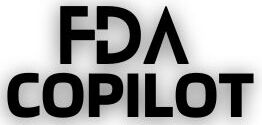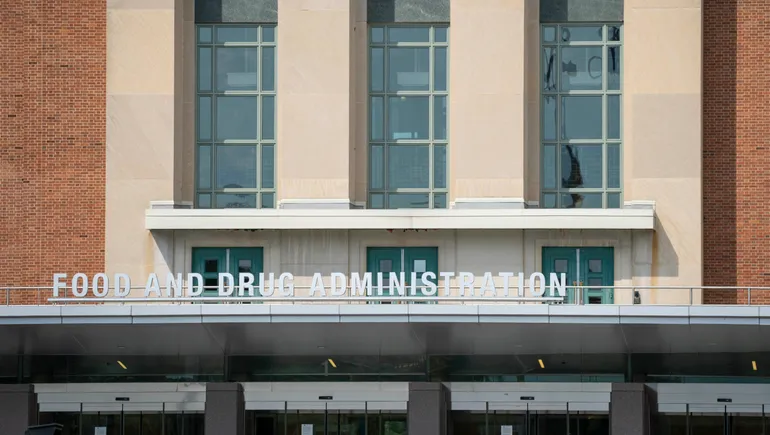The Food and Drug Administration (FDA) has increased its scrutiny of plastic syringes manufactured in China, issuing additional warnings to two companies, Jiangsu Shenli Medical Production and Jiangsu Caina Medical, for failing to meet quality standards.
Jiangsu Shenli, which had previously received a warning in March, was sent another warning following a later inspection of its facility. This prompted the FDA to broaden its import alert to include the company’s enteral syringes, effectively preventing these products from entering the U.S. market. This second warning underscores ongoing concerns regarding the safety and compliance of products manufactured at Shenli’s facilities.
Meanwhile, Jiangse Caina Medical also received a warning after the FDA inspected its facility and found several violations relating to the company’s quality system. The inspection results led to an import alert on Jiangsu Caina as well, reflecting serious non-compliance issues that were significant enough to warrant stringent regulatory actions to safeguard public health.
The background to this increased regulatory enforcement began in March, when the FDA first named Jiangsu Shenli and Jiangsu Caina in its investigation concerning the safety of plastic syringes produced in China. At that initial stage, the agency had not completed its facility inspections but had sufficient preliminary evidence to issue a warning to Jiangsu Shenli. By April, import alerts were issued against both facilities, indicating escalating concerns about the safety standards of their syringe products.
During its thorough inspection of Jiangsu Caina’s facilities, which was ongoing when the FDA announced in March that it was actively evaluating the company’s quality issues and performance testing failures, significant shortcomings were discovered. One of these involved the production of Monoject syringes, a brand owned by Cardinal Health. These syringes had triggered the initial investigation into Chinese-manufactured products the previous year, following reports of incompatibility issues with certain medical pumps.
The problems with Jiangsu Caina’s products were highlighted when FDA inspectors found that the company had investigated a complaint in July 2023 regarding the incompatibility of their syringe with a Medfusion pump. However, the company did not fully address or investigate all the reported issues, nor did it promptly initiate a corrective and preventive action plan. This oversight, according to the FDA, likely caused a delay in acknowledging that the incompatibility risk extended to more sizes of the Cardinal Health Monoject syringes than initially recognized.
Similarly, during a March inspection at Jiangsu Shenli’s facility, inspectors identified no existing documentation concerning the design and development of a range of syringes, including those meant for enteral feeding, which the company exported to the U.S. The absence of such crucial documentation constituted a clear violation of quality system regulations. The findings led the FDA to include the enteral feeding syringes in the import alert against Jiangsu Shenli, broadening the scope of regulatory concern and advising healthcare providers to cease using these devices.
These developments highlight the FDA’s ongoing efforts to ensure the safety and quality of medical products imported into the United States, particularly those that are critical to patient care like syringes. The agency’s actions reflect a commitment to take decisive steps against foreign manufacturers that do not meet U.S. standards, thereby protecting public health from potentially unsafe medical products. These stringent measures also serve as a reminder for healthcare providers to be vigilant about the sourcing and selection of the medical devices they use.
#FDA #sends #warning #letters #inspecting #Chinese #syringe #manufacturers



